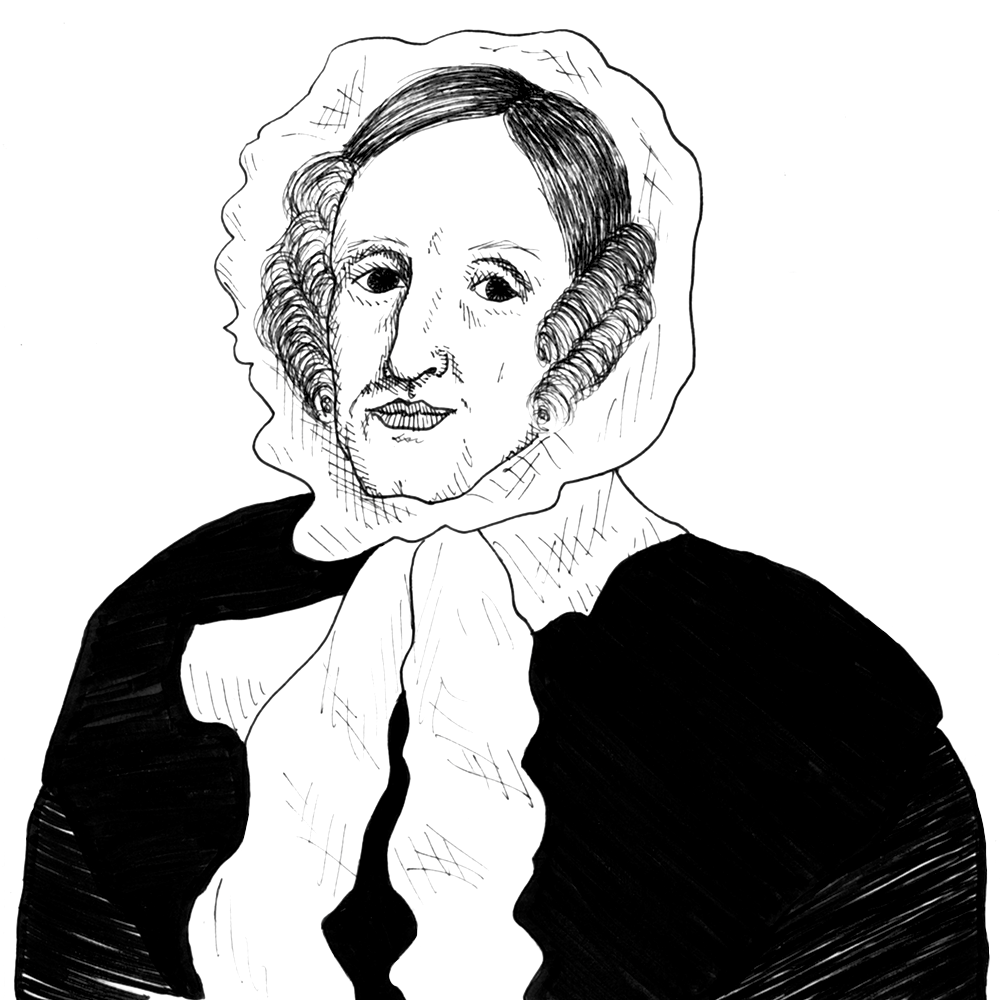
Jane Haldimand Marcet, in a popular tale written for ordinary readers, shows the benefits to workers of foreign trade, especially at Christmas time (1833)
Found in: John Hopkins’s Notions on Political Economy
Jane Haldemand Marcet was a successful popularizer of free market ideas in 19th century Britain. In a series of short “tales” in the book John Hopkins’s Notions on Political Economy (1833) she has various characters discuss topics such as the benefits to ordinary people of foreign trade, especially at Christmas time:
Free Trade
“So you see, my friends,” continued the landlord, “foreign trade has two advantages; for it not only procures things better and cheaper, but things which our climate renders it impossible for us to produce at home; such as wine, sugar, tobacco, plums, currants, rice, spices, cotton, silks, and other things without number.”
“Oh, then,” cried the good woman, “I could not even treat my children with a plum pudding at Christmas without foreign trade; for there’s no making it without plums and spices.”